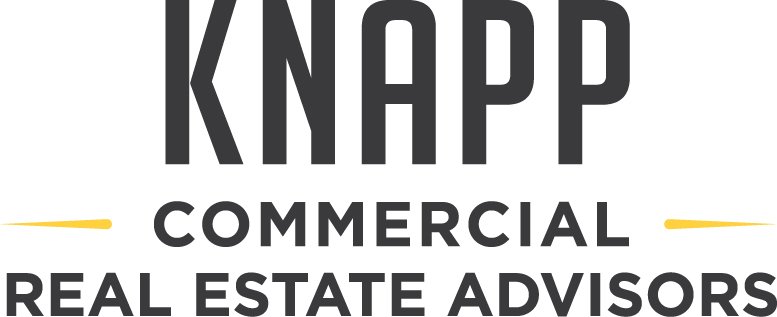We Help Atlanta Businesses Lease Warehouse Space
Atlanta Warehouse Space Leasing Experts
Knapp Commercial Advisors is a Commercial Real Estate Brokerage with deep expertise in the Industrial/Warehouse sector in Metro Atlanta
We Help Atlanta Businesses Find and Secure the Right Warehouse Space (Buy or Lease)
Are you:
Tired of looking aimlessly online?
Unsure of the best price and terms for warehouse space?
Having difficulty finding appropriate space in Atlanta’s tight industrial market?
We’ve helped countless businesses lease warehouse space in Atlanta and we can help you:
Find and secure the right warehouse space (buy or lease) to expand business operations and increase capacity.
Secure space that meets your specific operational needs (size, ceiling height, loading docks, power, location for logistics).
Feel confident and in control of this critical business decision while avoiding costly mistakes that could cripple operations or finances.
Achieve favorable financial terms (lease rate, purchase price, operating expenses).
A smooth, efficient transaction process that reduces the stress and risk associated with a major real estate commitment.
Our Process to Leasing Warehouse Space in Atlanta & Key Considerations
Finding the right warehouse space for your business in Atlanta involves several key steps. Here’s how we approach the process to ensure we locate a property that meets your operational and business needs:
1. Finding the Right Location:
The first step is pinpointing the best area for your warehouse. We'll work with you to understand:
Market Demand: Where are your customers and suppliers located?
Employee Access: Where does your workforce live?
Submarket Suitability: Based on these factors, and current market conditions like available space and competition, we'll identify the most strategic submarkets for your business. For example, if you're considering the North Atlanta suburbs but are unsure of the exact area, we'll analyze these elements to narrow down the best fit.
2. Determining the Right Size:
Once we have a target submarket, we need to figure out how much space you actually need. We'll consider:
Your Current Space: Are you looking to expand, downsize, or maintain a similar footprint?
Industry Benchmarks: We can look at what works for similar successful businesses in your field.
Practical Fit: Sometimes, seeing different spaces helps determine what feels right for your operations. We’ll tour various options to get a practical sense of your needs.
3. Identifying the Specific Type of Space:
While an industrial building might seem like just "four walls and a roof," the details are crucial. We’ll have an in-depth discussion to understand exactly what your business requires. Key items include:
Clear Height: How much vertical space do you need for racking or equipment?
Column Spacing: How does this impact your layout and workflow?
Fire Suppression: What type of system is necessary (e.g., ESFR)?
Power Requirements: What are your specific electrical needs (e.g., 3-phase)?
Loading Docks/Drive-In Doors: How many do you need, and what type?
Office Space: How much finished office area is required within the warehouse?
Truck Court & Access: Is there adequate space for truck maneuvering and parking?
Zoning: Does the property's zoning permit your intended use?
Environmental Considerations: Are there any specific environmental factors to address?
HVAC: What are your heating and cooling needs for the warehouse and office areas?
Understanding these (and other) details ensures the space can fully support your operations.
4. Analyzing Costs:
We'll create financial models to compare the costs of different properties and help you understand the financial impact on your business. We’ll explore questions like:
Is there a cost-benefit to being closer to your customers?
Should you consider an older, less expensive building if it offers room for future expansion?
We'll help you weigh these financial trade-offs.
5. Understanding Lease Types:
The most common lease structure for industrial and warehouse space is a NNN (Triple Net) lease. This means in addition to your base rent, you'll also pay your proportional share of the property's:
Real Estate Taxes
Property Insurance
Common Area Maintenance (CAM) expenses
It’s important to understand what's included in CAM charges. While a lower base rent might seem attractive, a well-maintained property (safe, clean, good landscaping, well-kept parking lot) often translates to better CAM expenses and a more appealing environment for your business and customers. This is one area where our experience benefits clients; we know which property owners invest in maintaining their buildings, ensuring a quality environment for tenants.


